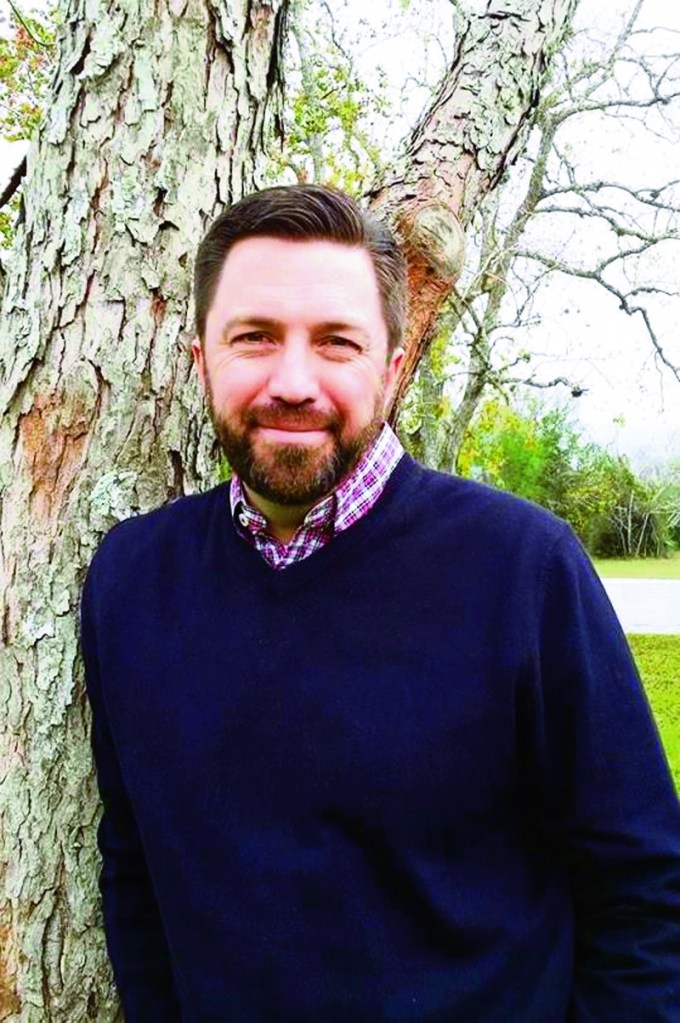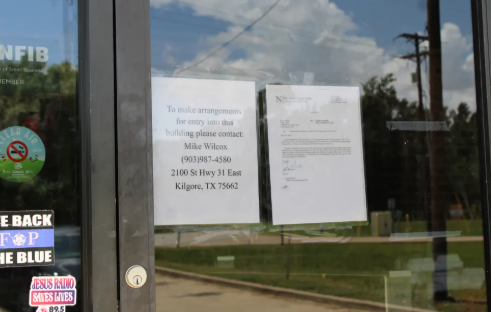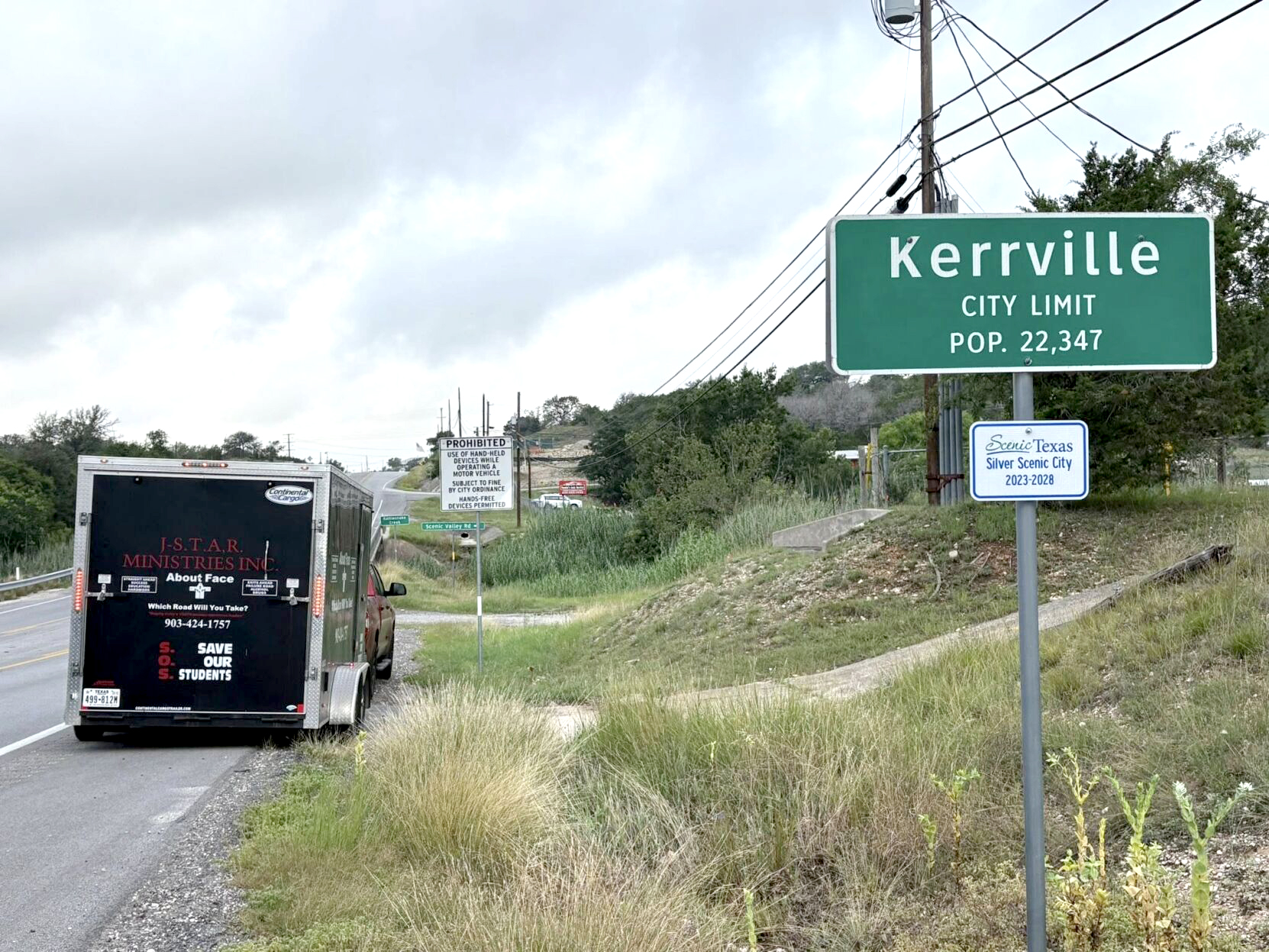Schroer: The power of the Gospel
Published 5:00 am Saturday, November 25, 2023

- Andrew Schroer
Many famous and infamous men sat in the courtroom of the International Military Tribune at Nuremberg, Germany, from November 20, 1945, to October 1, 1946. On trial stood a who’s who of Nazi war criminals, including Hermann Göring, Hitler’s handpicked successor, Wilhelm Keitel, second in command only to Hitler in the German military, and Franz von Papen, who had brought Hitler into power.
Sitting in the gallery, witnessing the trial, was a man whom history has mostly forgotten – a 52-year-old, heavy-set, balding, and bespectacled chaplain in the US Army named Henry Gerecke. Pastor Gerecke was handpicked for the most unenviable of all posts.
Trending
He was assigned the task of ministering to the Nazi war criminals during the trial.
Gerecke was chosen, in part, because he was a Lutheran pastor and spoke German. Most of the defendants claimed at least nominal ties to the Lutheran Church. Gerecke did not know what to expect when he first met with the fifteen men to whom he had been assigned. These were the most hated men in the world. The blood of millions was on their hands.
Gerecke had no grand plan to convert them. All he had was a Bible, a handful of hymns, and a meal of bread and wine.
As the months passed, the world watched with bated breath as the trial of the century unfolded. All the while, behind the scenes, Gerecke quietly, patiently, and lovingly confronted these men with their sins and comforted them with the good news of a Savior who could forgive even them.
Some of the prisoners went along hoping to curry favor with the court. Others had no time for Gerecke or for God. But some did listen. Some believed, including Wilhelm Keitel, who sat in his cell every day reading his Bible. He and Gerecke would pray together a German prayer both their mothers had taught them as children.
Eventually, Keitel, together with four other prisoners, Albert Speer, Baldur von Schirach, Hans Fritzsche, and Fritz Sauckel, confessed their atrocities, knelt before the cross in the chapel, and received from Gerecke’s hand our Savior’s body and blood in the Lord’s Supper.
Trending
That’s the power of the gospel.
On October 16, 1945, Pastor Gerecke accompanied many of these same men on their long walk to the gallows. One of them was Joachim von Ribbentrop, Hitler’s former foreign minister. After praying with Gerecke in his cell, Ribbentrop told him that “he put all his trust in the Blood of the Lamb that taketh away the sins of the world.”
As he stood on the gallows, moments before his executioners put the hood over his face, Ribbentrop turned to Gerecke and said, “I’ll see you again.”
Sixteen years later, Pastor Henry Gerecke died of a heart attack at the age of 68. He was sitting in his car outside of Menard Penitentiary in Chester, Illinois, where he was still visiting inmates and sharing with them the good news of the gospel. I can only imagine some of the faces that were there to greet Pastor Gerecke on his arrival in heaven – some of the most hated men in history who carried out some of the worst atrocities our world has ever seen.
That is the power of the Gospel. That is the power of God’s forgiving love.






